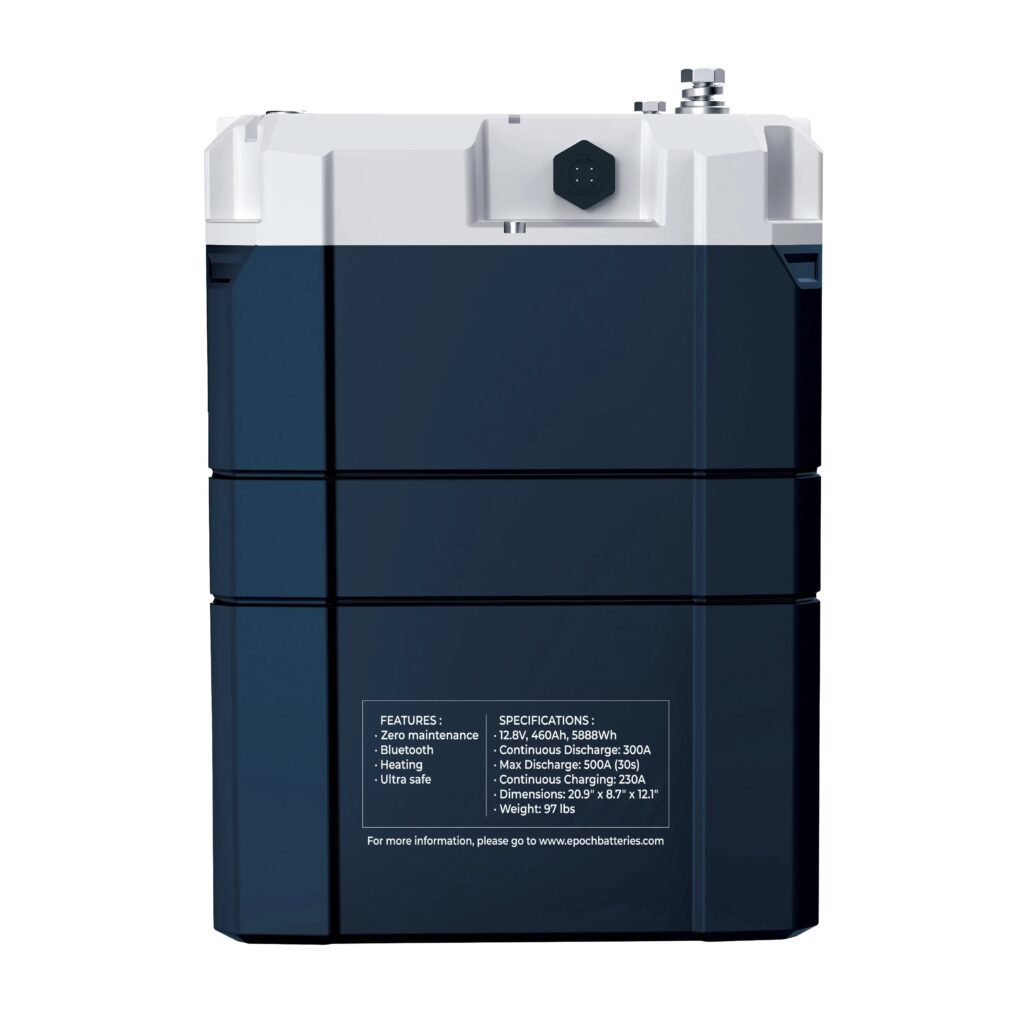Lithium-ion batteries are widely used in various electronic devices, including 12V batteries commonly used in vehicles, solar energy systems, and portable power supplies. While lithium-ion batteries offer numerous benefits such as high energy density and longer lifespan, it’s essential to handle and store them with caution to ensure safety. Here are guidelines to ensure the safe handling and storage of 12V lithium batteries:
Read the Manufacturer’s Instructions: Always begin by thoroughly reading and understanding the manufacturer’s instructions and guidelines for handling and storing lithium batteries. Different types and brands of batteries may have specific requirements.
Avoid Physical Damage: Lithium batteries should be protected from physical damage, impacts, crushing, or puncturing. Handle them with care to prevent any potential damage to the battery casing.
Temperature Control: Store lithium batteries at room temperature, typically between 20-25°C (68-77°F). Extreme temperatures, both hot and cold, can affect the battery’s performance and safety. Avoid exposure to direct sunlight or placing them near heating sources.
Avoid Overcharging and Over-discharging: Use a compatible charger specifically designed for lithium-ion batteries and avoid overcharging the battery. Additionally, do not over-discharge the battery by using it until it completely runs out of power. Both actions can lead to safety hazards and reduce the battery’s lifespan.
Proper Charging: When charging the battery, use the appropriate charging voltage and current levels recommended by the manufacturer. Avoid charging the battery too quickly, 12V Lithium Battery as rapid charging can generate excess heat and cause damage.

Use a BMS (Battery Management System): In applications where multiple lithium batteries are connected, ensure that a reliable Battery Management System (BMS) is used. The BMS helps monitor and balance the individual cells within the battery pack, preventing overcharging or discharging of any single cell.
Isolate Terminals: To prevent accidental short circuits, ensure that the battery terminals are adequately insulated. Avoid placing the battery in contact with metal objects that can create a direct electrical path between the terminals.
Store in a Safe Location: Store lithium batteries in a cool, dry, and well-ventilated area away from flammable materials. Use appropriate storage containers to prevent damage and maintain a safe environment.
Dispose of Properly: When the battery reaches the end of its life cycle, ensure proper disposal or recycling according to local regulations. Do not dispose of lithium batteries in regular trash.
Regular Inspections: Periodically inspect lithium batteries for signs of damage, leaks, or swelling. If any abnormalities are noticed, discontinue use and seek professional advice.
Educate and Train: Educate individuals who handle these batteries on proper safety procedures, emergency response, and how to deal with potential hazards.
By adhering to these guidelines and exercising caution, you can ensure the safe handling and storage of 12V lithium batteries, maximizing their efficiency and lifespan while minimizing potential risks.
